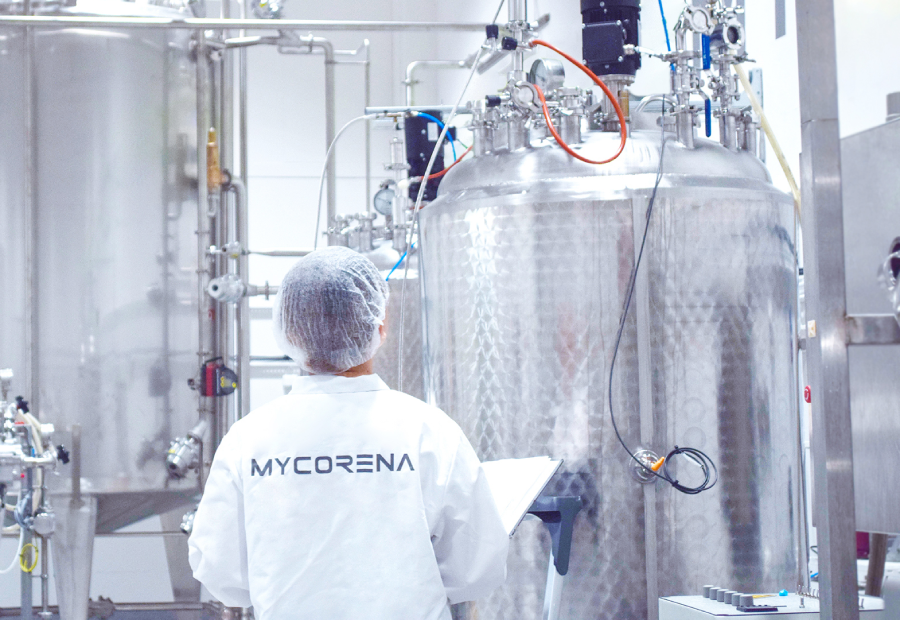Mycorena Seeks New Ownership Following Bankruptcy Filing

Sweden’s Mycorena, a company known for its work in the mycoprotein industry, has filed for bankruptcy. The decision follows a period of financial challenges that the company could not overcome independently despite various efforts, including pausing a large-scale facility construction and altering its business strategy.
According to CEO and Founder Ramkumar Nair, the bankruptcy filing was not made lightly. He emphasized the need to restructure Mycorena to preserve its achievements and continue its leadership in the mycoprotein market. The company aims to emerge stronger, maintaining its commitment to innovation in fungi fermentation.
Mycorena’s trustee, Magnus Löfving from Advokatfirman Lindahl KB, has been tasked with managing the bankruptcy process. This involves assessing the company’s assets, which include valuable patents and trademarks, and seeking potential buyers interested in continuing Mycorena’s operations under new ownership. Löfving expressed confidence in finding a buyer who will recognize the company’s innovative contributions and market relevance.
The company’s chairman, Tore Sveälv, expressed his belief in Mycorena’s technological and product potential, hoping for the continuation of its contributions to the industry. Since its founding, Mycorena has been at the forefront of fungi fermentation, having raised over €35 million, including a record-breaking Nordic Series A round. Its flagship mycoprotein ingredient, Promyc, led to various product developments and successful market introductions across several European countries.
Despite setbacks, Mycorena’s dedication to sustainability and innovation remains unchanged. The company recently received funding from the European Space Agency’s Discovery Programme, highlighting mycoprotein’s potential for long-term space missions. In the coming months, the company hopes to attract new ownership that will leverage its existing groundwork and push forward its vision of global leadership in sustainable food production through fungi technology.


Responses